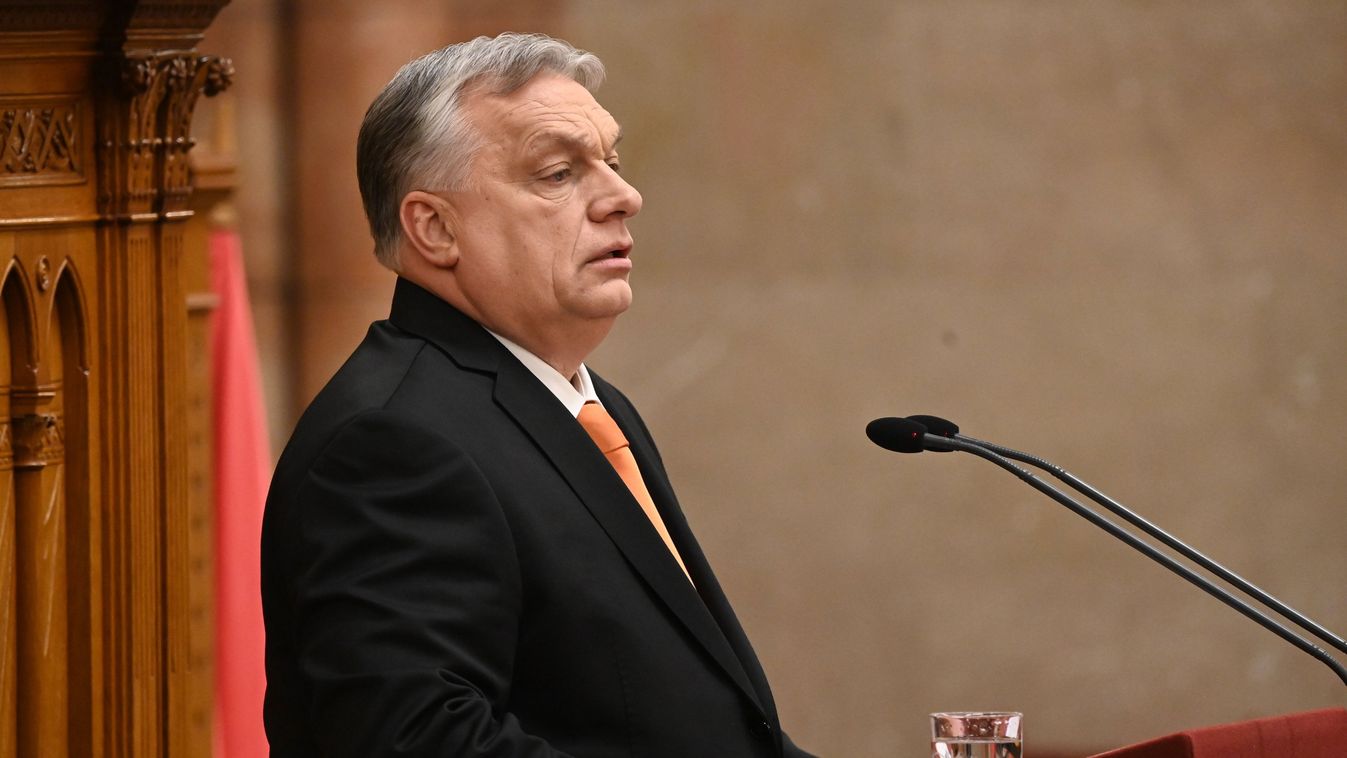In a Q&A session held in the Hungarian Parliament this afternoon, Prime Minister Viktor Orbán provided responses to immediate queries from the assembly members, revealing a significant increase in the number of pedophiles incarcerated. The prime minister's statement came as a part of his answer to a question from Gergely Arató, a member of the Democratic Coalition (DK), emphasizing the government's stance on not interfering with matters of clemency, which fall under the purview of the Hungarian President.
PM Orbán articulated that the rightful place for pedophiles and those aiding them is behind bars. "We have multiplied the number of pedophiles in prison," he stated, underscoring the government's commitment to preventing any possibility of leniency or pardon for individuals convicted or implicated in pedophilic crimes. The prime minister pointed out the remarkable rise in the incarcerated pedophiles' numbers: from 81 in 2010 to 663 currently, highlighting the actions taken by his administration to address such offenses more stringently.
Responding to an immediate question from László Toroczkai, leader of the parliamentary faction of Mi Hazánk, related to a scandal surrounding the former president of the enforcement chamber, PM Orbán emphasized the principle of consequence within his government. He rejected the notion that personal connections should disqualify individuals from holding positions they are qualified for by their education and training. However, Orbán expressed openness to revising the system of enforcement, advising Toroczkai to approach the Minister of Justice with any proposals.
Regarding the scandal, PM Orbán confirmed that legal proceedings are underway against the involved parties, including a state secretary, demonstrating his administration's commitment to ensuring accountability within the government.
In addition to addressing criminal justice and governance issues, the prime minister also discussed the anticipated return of Budapest's Ferenc Liszt International Airport to state ownership. In response to a question from Máté Kanász-Nagy of the LMP party, Prime Minister Orbán highlighted the substantial financial support provided to Budapest, including the absorption of a 280 billion HUF debt in 2010 and the allocation of at least 4,000 billion HUF in development funds. The prime minister criticized the disproportionate focus on Budapest, reminding that Hungary comprises more than its capital city, yet acknowledged the government's considerable investment in the nation's capital.
Prime Minister Orbán concluded with the assurance that the return of the airport to state control is imminent, with plans for infrastructural development to follow, marking a significant move in national asset management and development strategy.

